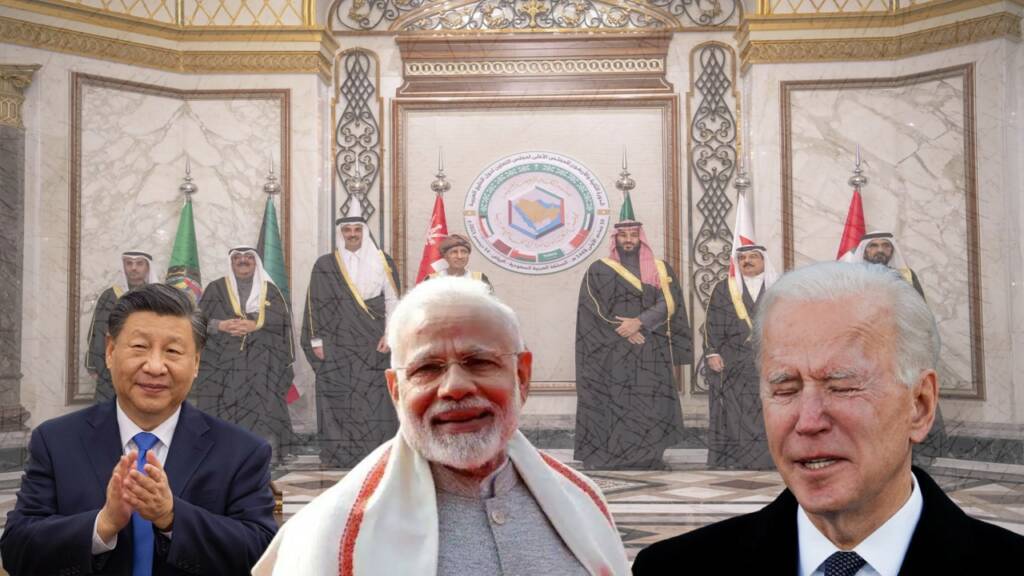According to most observers, President Joe Biden’s last visit to the Middle East fell short of its declared objectives and highlighted fractures in Washington’s decades-long predominance in the area.
Some attribute this downfall to the invasions of Iraq and Afghanistan. Others feel that the true loss of faith in America began with former President Barack Obama’s failure to intervene and safeguard ally Arab regimes, such as Egypt’s Hosni Mubarak. US’ failure to properly display proper leadership along with their botched-up exit from Afghanistan, as well as its withdrawal of soldiers from Iraq and Syria have taken its toll. Doubts American reliability became evident after the signing of the landmark JCPOA in 2015, which was seen by key US allies as a sign of weakness. They accused the White House of not listening to their concerns.
Read More: As OPEC+ shows its valour against USA, Biden reads riot act for UAE
For a long time, US allies avoided publicly criticising Washington’s policies in the region, preferring to do it behind closed doors. However, times have changed, for instance in Saudi Arabia and the United Arab Emirates, youthful rulers are speaking out against US policies thereby undermining its stability of authority and seeking strategic ties elsewhere. As a result of its policies, the United States’ prestige in the area has suffered, and there is a growing impression in many Arab capitals that America is no longer a trusted partner.
Au contrare, nations like Russia, China and India don’t question their internal operations. Don’t make selling military weapons or economic and strategic engagement with them conditional. This is why there’s an emergence of a radical shift within the foreign policy ambitions of the middle east heavyweights, enmarked with a growing engagement with Moscow, New Delhi or even Beijing coupled with a declining relationship with Washington. In pursuance of this paradigm shift, Xi-Jinping was seen as a keynote speaker at the China- Gulf Co-operation Council Summit in December 2022.
The Middle East has also started making its footprint in the Caribbean region as well in order to diversify its foreign policy in a bid to move away from the umbrella of United States and to undo with the pre conceived notions of being called a US ally. It is also worth highlighting the expanding ties between India and the Middle East. Some developments in the Middle East’s geopolitical dynamics have moved countries closer to India, reinforcing the Indian Link West policy, an endeavour to realise better collaboration with the Middle East.
Countries such as the UAE and Saudi Arabia have swept their regional ambitions under the rug while dealing with India because they believe that Asian markets such as China, Japan, South Korea, and India would be their primary clients in the coming years.
Read More: South Korea and Saudi Arabia’s defence ties ‘bombards’ the American defence industry
Long known as US allies, Gulf powers Saudi Arabia and the United Arab Emirates (UAE) are no longer hesitant to broaden their foreign policy aims, even if it means forming alliances with Washington’s adversaries. The rising engagement with states beyond Washington’s purview demonstrates the desire of Gulf nations to shift away from the West and form independent alliances.
